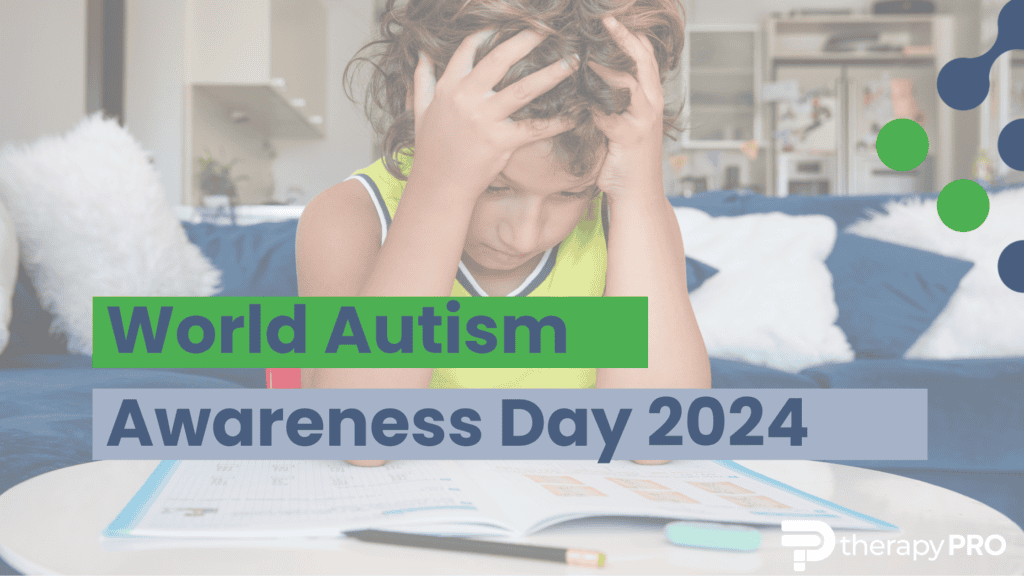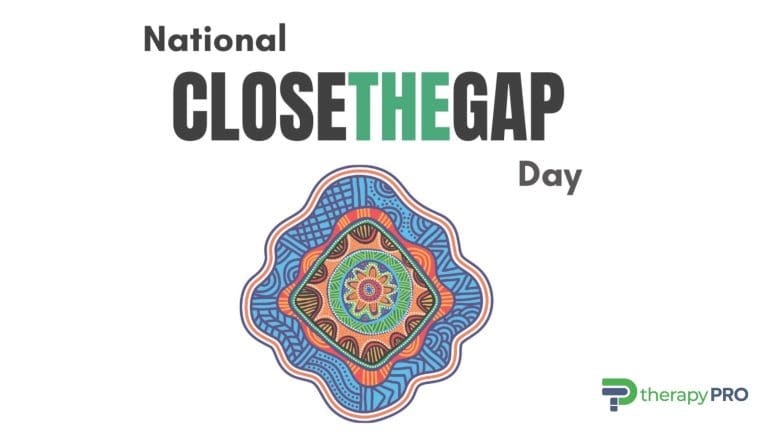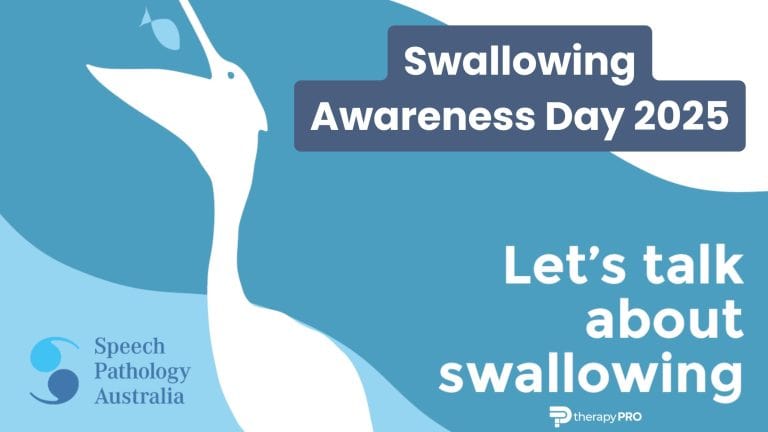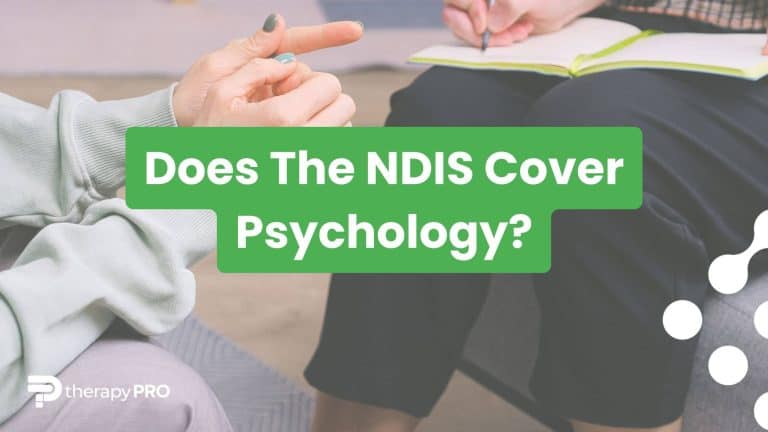World Autism Awareness Day 2024
World Autism Awareness Day is an annual global event that aims to increase understanding and acceptance of people with autism.
Today, we are delighted to share Therapy Pro’s Psychologist and Qualified Positive Behaviour Support Practitioner, Max’s story, where he reflects on his lived experience with neurodiversity, what inspired him to become a therapist, and the tools he uses and suggests for the neurodiverse community.
Max cogitates on how far autism awareness and support for families has come and is ecstatic to see society’s conscious efforts to rid the label of autism spectrum disorder (ASD) of its stigmatisms.
Max’s Therapeutic Background and Experience
Max works across the lifespan with a deep understanding and experience of working alongside children and adolescents, supporting clients with autism, ADHD, and other neurodevelopmental concerns. He has experience administering a variety of assessments and providing ongoing therapeutic support.
Max focuses on providing practical solutions for tackling life’s hurdles and improving mental wellbeing by helping individuals navigate their concerns, manage stress, and unlock their potential. Whether clients are seeking strategies for personal growth or tools to overcome challenges, Max offers an individualised approach to supporting mental health and personal development.
With his experience in the child neurodiversity space, Max focusses on making a positive change for each individual. We are all unique, and our needs differ from person to person, Max caters each intervention to the person’s needs.
Max’s Lived Experience and Advocacy
Max shared his mother’s struggle of raising two children with neurodivergence, stating at the time his mother was practically given the diagnosis papers and left to figure it out on her own.
“The more I talked to my mum, the more I realised that there was such a necessity to share information and to make information and support more accessible, not just for the family, but for carers and educators too.”
As a neurodiverse individual with Asperger’s syndrome, now known as ASD, Level 1, and a diagnosis of combined type ADHD, Max uses his knowledge and experience of the supports and systems to guide his therapy.
“I am very appreciative of the lengths my mum went to to support my brother and me. With all I know now on the topic, it is really eye opening, and my goal is to ensure no other parents feel like they must go through this stuff alone. I was inspired to become a therapist to do my part in providing support and knowledge to neurodiverse families and individuals.”
Whilst he is hopeful for the future and has seen the immense change in societal understanding and awareness, Max knows better than most that often the label of ASD is more damaging than the symptoms.
“It is great to see as a society we are making conscious efforts to rid the label of [ASD] of its stigmatism, and we are starting to adapt a curriculum that is steering further away from conformity and more into individualism.”
Tools and Recommendations
In Max’s role as a therapist, he is very fond of gamification, the ‘art’ of turning a mundane task into a fun, engaging activity.
Competitions for kids, rewards for adults, outings for seniors. It is across the lifespan. With advances in technology, the ability to gamify things is becoming increasingly appropriate.
Some particularly good tools for those with ADHD that Max recommends include:
- Goblin Tools: A great way to organise things and chunk them down into smaller, more manageable parts.
- Habatica: A fun tool for setting goals and gaining loot while you do it!
No matter your goals, it is important to stay motivated and take the time to reflect on just how far you have already come, says Max.
“Celebrate the small wins! Yes, big wins are awesome, and we should strive to achieve them, but the small wins need to be recognised too.”
Seeking Professional Support
If you are looking for more information or support around neurodiversity, whether looking at an assessment or ongoing support, our multidisciplinary teams can offer guidance, strategies, and tailored supports.
We also have a range of client and therapist stories, resources, and news available.
We support clients in Queensland, New South Wales, and Victoria with face-to-face mobile therapy, or nationally via telehealth. In Melbourne, we have a Children’s Assessment Clinic.
For more information or a conversation to see how our therapists can support, contact our friendly team on 1300 004 414 or via the form below.




